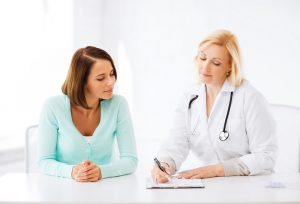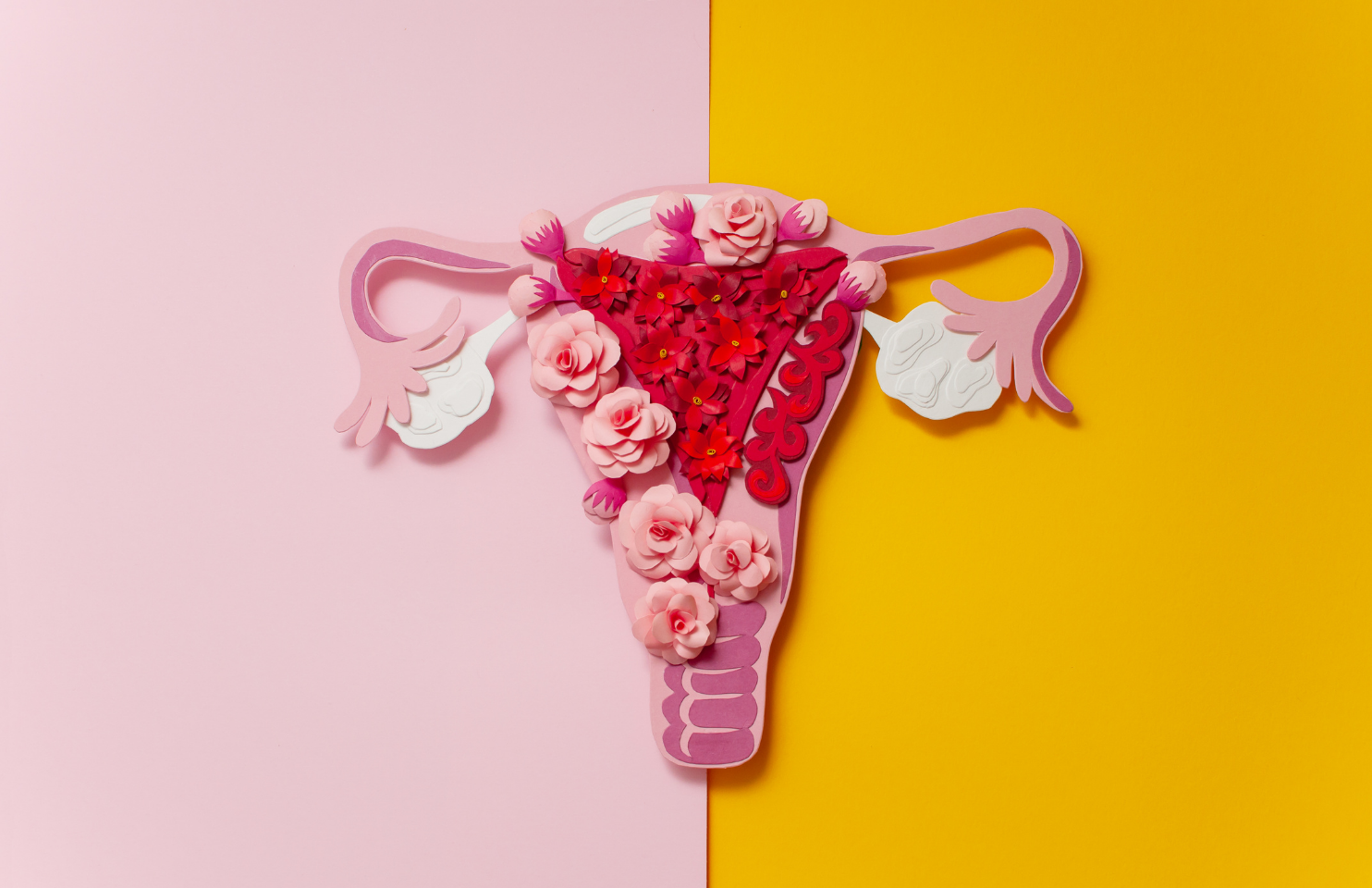Endometriosis is a disease that affects women’s reproductive organs. It is caused by the growth of endometrial cells outside the uterus. There are many different types of nutrition that can be helpful for people with endometriosis.
If you are struggling with any symptoms related to endometriosis, speak to your doctor about what nutrients may be affecting your health and how to take supplements for endometriosis in your diet.

Here are some tips on how to eat for endometriosis:
1. Eat a balanced diet. Make sure to include plenty of vegetables, fruits, and whole grains in your diet. These foods are high in vitamins, minerals, and antioxidants, which can help improve your overall health and chances of overcoming endometriosis.
2. Include lots of protein in your diet. Protein is essential for repairing damaged tissues and building new ones. It can also help promote the growth of new cells and reduce inflammation throughout the body.
3. Avoid processed foods. Most processed foods are loaded with sugar, salt, and unhealthy fats. These ingredients can damage your body and contribute to the development of endometriosis symptoms. Instead, try to stick to foods that are naturally healthy and free from artificial additives.
4. Drink plenty of fluids. Dehydration can aggravate endometriosis symptoms and lead to increased pain and inflammation. Make sure to drink plenty of water.

